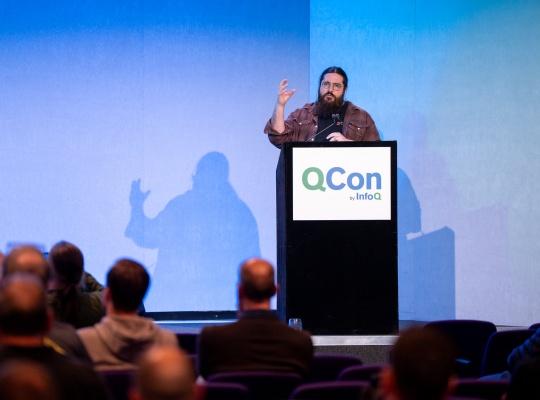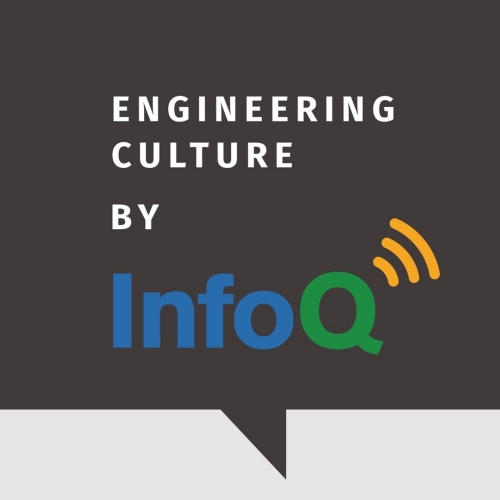Codetown
Codetown ::: a software developer's community
SunJUG - Computer Vision using Java
Event Details

Time: February 26, 2014 from 6:30pm to 8:30pm
Location: Community Foundation of Sarasota
Street: 2635 Fruitville Rd
City/Town: Sarasota
Website or Map: http://g.co/maps/c84e5
Phone: 617-347-5051
Event Type: meeting
Organized By: Chris Schaefer
Latest Activity: Feb 11, 2014
Event Description
Please join us for our February meeting, presented by Steve Goldsmith.
Abstract:
Computer vision is a field that includes methods for acquiring, processing, analyzing, and understanding images and, in general, high-dimensional data from the real world in order to produce numerical or symbolic information, e.g., in the forms of decisions. I'll break down the installation of OpenCV on Ubuntu (although there's support for Windows, Mac, iOS and Android) on x86, x86_64 and ARM based devices. I built an automated script that does all the heavy lifting of installing and compiling FFMPEG (x264, fdk-aac, libvpx, libopus) and OpenCV from source. This will get you the latest and greatest OpenCV with Java and Python bindings. Then I'll move into Java examples for motion and people detection. Finally I'll cover a new project I'm working on called Java Video Processor that uses a plugin based architecture and lose coupling to provide a complete Computer Vision solution. I'll try to stay away from the rocket science of computer vision and focus how you can get started without a PhD.
Presenter Bio:
Senior level professional with extensive experience in architecture, development, testing, continuous build processes, declarative and meta programming. I have worked for insurance, real estate, finance and technology companies. I'm currently focusing on large scale middleware built with open standards. I have led/managed development teams as well as being in the trenches. I enjoy the total life cycle challenge of R&D, networking, deploying servers, database design, developing code and post production support. I have over 34 years of experience in the Computer Science field with 27 years of that being an IT professional.
Public LinkedIn profile http://www.linkedin.com/in/sgjava
Notes
Welcome to Codetown!
 Codetown is a social network. It's got blogs, forums, groups, personal pages and more! You might think of Codetown as a funky camper van with lots of compartments for your stuff and a great multimedia system, too! Best of all, Codetown has room for all of your friends.
Codetown is a social network. It's got blogs, forums, groups, personal pages and more! You might think of Codetown as a funky camper van with lots of compartments for your stuff and a great multimedia system, too! Best of all, Codetown has room for all of your friends.
Created by Michael Levin Dec 18, 2008 at 6:56pm. Last updated by Michael Levin May 4, 2018.
Looking for Jobs or Staff?
Check out the Codetown Jobs group.
InfoQ Reading List
Rspack Releases Version 1.7: Final 1.x Update Before 2.0 Transition

Rspack 1.7 has launched, enhancing performance and plugin compatibility as it prepares for a major version transition. Key features include improved SWC plugin compatibility, native asset importing as bytes, and default lazy compilation for dynamic modules. With performance gains reported up to 80%, Rspack offers a faster, Rust-based alternative to webpack while maintaining API compatibility.
By Daniel CurtisPresentation: WASM Components are a FaaS' Best Friend

Laurent Doguin shares why Wasm’s cold-start performance and security model make it the ideal FaaS runtime. He discusses the WebAssembly Component Model for polyglot interoperability and explains how to build distributed, provider-based architectures using CNCF wasmCloud and NATS. Ideal for architects looking to scale "scale-to-zero" infrastructure without the overhead of heavy containers.
By Laurent DoguinArticle: Autonomous Big Data Optimization: Multi-Agent Reinforcement Learning to Achieve Self-Tuning Apache Spark

This article introduces a reinforcement learning (RL) approach grounded in Apache Spark that enables distributed computing systems to learn optimal configurations autonomously, much like an apprentice engineer who learns by doing. The author also implements a lightweight agent as a driver-side component that uses RL to choose configuration settings before a job runs.
By Hina GandhiPodcast: The Technical Founder's Path: Code, Leadership, and Balance

In this podcast, Shane Hastie, Lead Editor for Culture & Methods, spoke to Trisha Ballakur about transitioning from coder to startup CEO, balancing technical leadership with business development, and avoiding burnout on the journey.
By Trisha BallakurMicrosoft Adds Custom Copilot Agents for .NET Developers with C# and WinForms Experts

Microsoft and GitHub have expanded the Copilot ecosystem with the first .NET-focused GitHub Copilot custom agents, designed to improve productivity and code quality for C# and Windows Forms developers. The announcement, part of the broader Copilot custom agents’ rollout, introduces two purpose-built agents: C# Expert and WinForms Expert in the form of agent instruction Markdown files.
By Edin Kapić
© 2026 Created by Michael Levin.
Powered by
![]()
RSVP for SunJUG - Computer Vision using Java to add comments!
Join Codetown